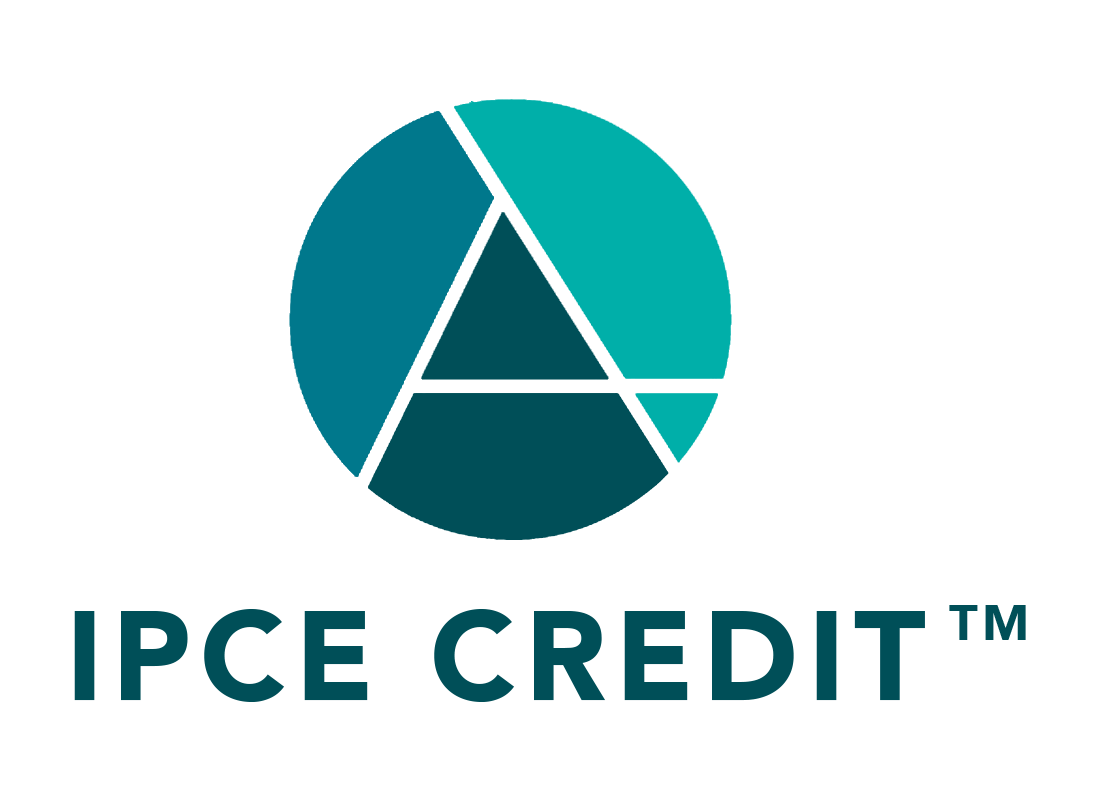
A Syndemic Approach to Disease Intervention

Idaho faces dynamic health challenges that put an uneven burden on the state's growing and changing population. As multiple diseases overlap, people in Idaho's health systems workforce must consider new approaches to address these challenges, partnering creatively to meet the health needs of their communities. Today, partners across the health systems workforce from around the country are working to address similar challenges.
In this course, you'll learn more about a syndemic approach through the following topics:
- Partnerships between public health, health care, and community-based organizations
- Using a syndemic approach for the prevention, education, and treatment of sexually transmitted infections (STIs), human immunodeficiency virus (HIV), and the hepatitis C virus (HCV)
- A syndemic approach and interventions that focus on:
- People
- Place
- Policy
- Science
A NOTE ABOUT THIS TRAINING:
This is hosted through the Public Health Foundation site called TRAIN. You will be provided a link to the training on the first page of this course and will be redirected to their site and will need to create an account there. Once you have completed the training you will return to this page and proceed to take a post training evaluation and claim credit.
Please contact the University of Idaho, School of Health and Medical Professions Office of Continuing Education with questions at [email protected].
Target Audience
The target audience is primary care providers (MD, DO, PA, NP, RN, etc.), but all clinicians and behavioral health specialists are welcome.
Learning Objectives
By the end of this training, you will be able to:
- Explain what a syndemic is, including its three defining characteristics
- Identify the four focal elements of a syndemic approach
- Describe elements of a People-focused syndemic approach
- Summarize the importance of a Place-focused syndemic approach
- Recognize examples of a Policy-focused syndemic approach
- Explain the importance of a Science-focused syndemic approach
- Apply the four focal elements in the context of public health, health care, and community based organizations
Helen Brown, RDN, MPH
Helen Brown, RDN, MPH

Joint Accreditation
In support of improving patient care, the University of Idaho, School of Health and Medical Professions is jointly accredited by the Accreditation Council for Continuing Medical Education (ACCME), the Accreditation Council for Pharmacy Education (ACPE), and the American Nurses Credentialing Center (ANCC) to provide continuing education for the healthcare team.

Interprofessional Continuing Education
This activity was planned by and for the healthcare team, and learners will receive Interprofessional Continuing Education (IPCE) credits for learning and change.
Physicians
The University of Idaho, School of Health and Medical Professions Office designates this enduring material for a maximum of 1.0 AMA PRA Category 1 Credit(s)™. Physicians should claim only the credit commensurate with the extent of their participation in the activity.
Nursing
This activity is approved for continuing nursing education (CNE) contact hours.
Pharmacy
This activity is approved for continuing pharmacy education.

PAs
The University of Idaho, School of Health and Medical Professions has been authorized by the American Academy of PAs (AAPA) to award AAPA Category 1 CME credit for activities planned in accordance with AAPA CME Criteria. The total number of approved credits is yet to be determined. PAs should only claim credit commensurate with the extent of their participation.

Social Workers
As a Jointly Accredited Organization, the University of Idaho, School of Health and Medical Professions is approved to offer social work continuing education by the Association of Social Work Boards (ASWB) Approved Continuing Education (ACE) program. Organizations, not individual courses, are approved under this program. Regulatory boards are the final authority on courses accepted for continuing education credit.
Counselors, Marriage and Family Therapists
For the purpose of re-licensure, the Idaho Division of Occupational and Professional Licenses recognizes the University of Idaho, School of Health and Medical Professions as an approved provider of continuing education. To be considered continuing education, the session(s) are required to be germane to your practice. Final acceptance of the credit for recertification resides with your state board.
Alcohol and Drug Counselors (ADC/AADC/CPS)
The Idaho Board of Alcohol and Drug Counselor Certification (IBADCC) recognizes the University of Idaho, School of Health and Medical Professions as an approved provider of continuing education. Final acceptance of the credit for recertification resides with your state board.
Available Credit
- 1.00 AAPA Category 1 CME
The University of Idaho, School of Health and Medical Professions has been authorized by the American Academy of PAs (AAPA) to award 1.00 AAPA Category 1 CME credit for activities planned in accordance with AAPA CME Criteria. PAs should only claim credit commensurate with the extent of their participation.
- 1.00 ACPE PharmacyThis activity is approved for 1.00 pharmacy contact hours.
- 1.00 ACPE TechnicianThis activity is approved for 1.00 pharmacy contact hours.
- 1.00 AMA PRA Category 1 Credit™
The University of Idaho, School of Health and Medical Professions designates this activity for a maximum of 1.00 AMA PRA Category 1 Credit™. Physicians should claim only the credit commensurate with the extent of their participation in the activity.
- 1.00 ANCCThis activity is approved for a maximum of 1.00 continuing nursing education (CNE) contact hours.
- 1.00 Continuing Education Credit
- 1.00 IPCE
This activity was planned by and for the healthcare team, and learners will receive Interprofessional Continuing Education (IPCE) credits for learning and change.
 Facebook
Facebook X
X LinkedIn
LinkedIn Forward
Forward